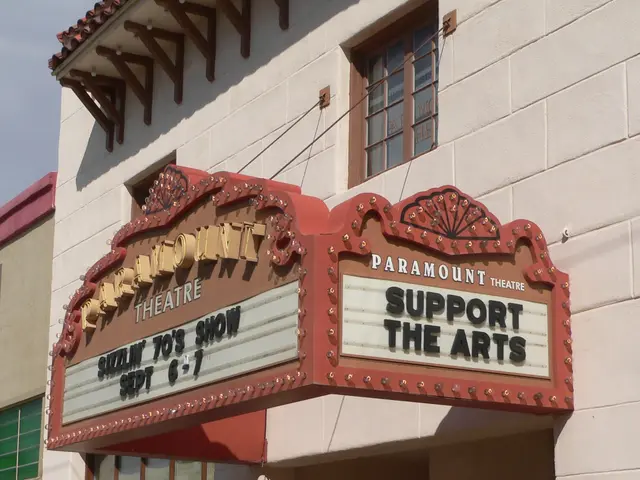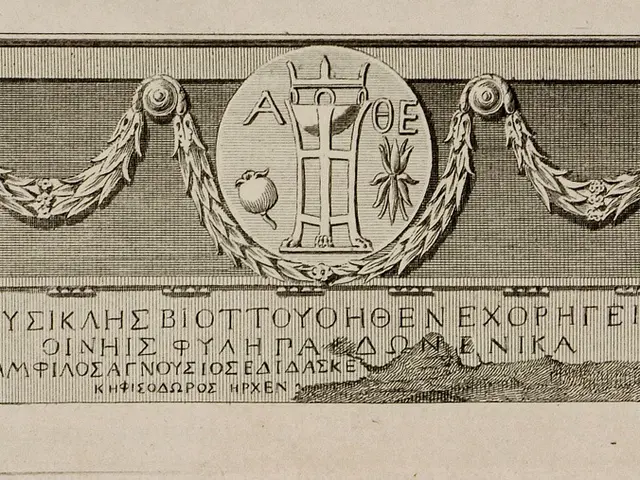Revoking Recognized Honors (Honor Forfeiture)
The Forfeiture Committee, an integral part of the British honours system, has been in existence for about fifty years. Its primary task is to review cases where a person awarded an honor or decoration may have brought disgrace upon themselves and decide whether to revoke the honour.
The Committee, chaired by Sir Chris Wormald KCB on delegated authority from the Head of the Civil Service, consists of a majority of independent members, including the Treasury Solicitor. They meet as required to consider cases that may warrant the forfeiture of an honour.
Recipients of honours are expected to be good citizens and role models. However, if evidence arises that a recipient has committed a criminal offence, been censured by a regulatory or professional body, or engaged in behaviour that brings the honours system into disrepute, the Forfeiture Committee may initiate an investigation.
In such cases, the Committee may request written representations from the recipient. If the evidence is not clearcut or if the recipient has been found to have committed a sexual act listed in the Acts, the Committee may seek further clarification.
If the Forfeiture Committee decides to revoke an honour, the individual will be asked to return their insignia to Buckingham Palace. They can no longer make any reference to their having an honour in the future. Forfeitures are published on the official website and in the London Gazette.
It is worth noting that honours automatically fall away upon the death of the recipient. However, the Forfeiture Committee can consider specific cases where a recipient has been accused of a crime after their death, provided the crime is reported to the police and a full witness statement is taken within ten years of the death.
In rare instances, honours can be restored to living individuals whose convictions for repealed offences have been determined as eligible to be disregarded/pardoned, under certain criteria.
The names of those who have had honours revoked are usually published in the London Gazette. However, the Committee retains the right not to publicise its decisions. If the Forfeiture Committee decides to issue a statement about a deceased recipient, it would be published in the London Gazette.
It is not likely that a person who has behaved in a way that caused their honour to be forfeited will be considered a suitable role model in the future. The Forfeiture Committee plays a crucial role in maintaining the integrity and respectability of the honours system, ensuring that those who receive awards uphold the highest standards of conduct and citizenship.
To report someone with an honour for potential forfeiture, contact the Cabinet Office at [email protected] website.








